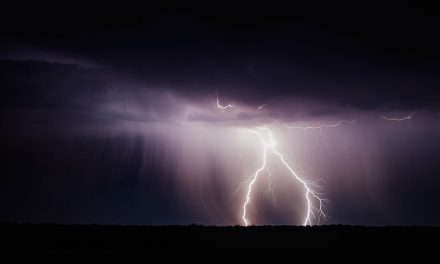Ecclesiastes 1:1–11: Nothing New Under the Sun
Introduction
When God created the world, he saw that his creation was “very good” (Gen. 1:31). Still, the “very good”-ness of creation must be understood in light of two very important caveats. First, from the beginning, God planned to elevate the “natural” nature of humankind to a “spiritual” nature, as Paul explains in 1 Corinthians 15:42–46. Humankind’s natural existence had to come first, but God’s plan was always to elevate us to a spiritual existence marked by imperishable, glorious, powerful life. Second, that first man, Adam, failed to give to God personal, perfect, perpetual, exact, and entire obedience. Instead, Adam sinned against God, plunging not only the Adam and Eve, but the entire human race—and all of creation—under the curse of sin. Creation is indeed “very good,” but creation was never meant to be permanent in its original form. Furthermore, that “very good” creation has been marred by sin.
How, then, do we live in a world that remains “natural,” and that suffers from the frustration and futility of the curse of sin? This is the question that Solomon takes up in the book Ecclesiastes. This book is not a self-help productivity book offering life hacks to get the most out of your days on this planet. Rather, this is a book of reflective wisdom, confronting the cold facts of the vanity of our life in this world. It is a book that is somber, nearly to the point of despair. Nevertheless, Solomon stops short of plunging us into full-scale nihilism. Rather, Solomon takes times to point out and encourage us toward the enjoyment of the good parts of life. Ultimately, though, Solomon’s burden is to point us to a life beyond what we are experiencing now, in eternity to come. If we seek our ultimate satisfaction in this world, then we will be disappointed. At every turn, Solomon will point us to the gospel of God in heaven, since there is no salvation under the sun.
Discussion Questions
1) Who wrote Ecclesiastes? Why is the authorship of Ecclesiastes important for interpreting and understanding this book? What does Solomon mean when he speaks of “vanity” in Ecclesiastes (cf. v. 1)? How is the word “vanity” used elsewhere in the Old Testament? Where does the word or concept of “vanity” appear in the New Testament? What does Solomon mean when he declares that this world is a “vanity of vanities”? Where are you tempted to put too much faith in this world?
2) What profit does Solomon see in the toil with which people toil during the course of their lives (v. 2)? How much progress can we really make with such short lifespans, in contrast to the ceaseless cycles and seasons of creation (v. 4–6)? Where does your ambition tempt you to believe that you stand to gain something of enduring value from your toil in this world? Why does Solomon want to pour this bucket of cold water on those ambitions?
3) Why does Solomon think that we are never satisfied (v. 8)? What do you think causes our eyes and our ears to seek ever-more input? How do Solomon’s words resonate with your own habits for consuming news, entertainment, information, gossip, art, etc.? What do you think we are seeking? Why are we never satisfied with what we see, or with what we hear? Why do we nevertheless believe that we will be satisfied with just a little bit more?
4) What does Solomon mean when he writes that “there is nothing new under the sun” (v. 9)? If Solomon could see the dramatic cultural and technological advances of the last century, do you think he would still say the same thing? Why or why not? How much has really changed? How much has, in fact, remained the same? How should our consistent, persistent condition in this world drive us to find salvation outside of all that we find “under the sun”?




